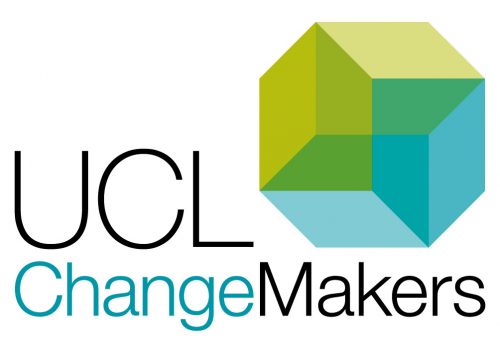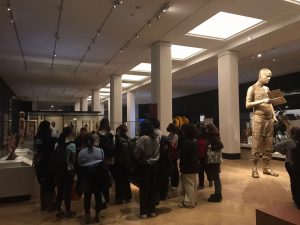THE TEAM
Student leads: Boya Zhang, Shawn Lee, Dan Kviat
Staff lead: Jacob Wright
DEPARTMENT
Cancer Institute
WHAT HAPPENED?
Our project aims to increase global awareness in the IMS Undergraduate Curriculum. The current curriculum primarily focuses on a more eurocentric context, limiting global exposure. However, especially in an increasingly globalised society and a vastly diverse student population, global awareness has become increasingly more important, for future careers or better representation of the diverse student population. As we aim to find ways to introduce more global perspectives into the curriculum, we have conducted a survey with both students and faculty members, to understand their perspectives and establish whether there is the need to increase global awareness. This is followed by a short interview with a few students and faculty members, to have them elaborate on their survey questions and for us to further understand their perspectives of globalisation (i.e. what it might be and how it might be challenging to incorporate more into the curriculum). We managed to gain insightful comments from both faculty members and students. The team will then gather and analyse all of the data, before designing a framework that can help faculty members/module leads, as a reference when they are designing the curriculum.
WHAT ADVICE OR ENCOURAGEMENT WOULD YOU GIVE TO SOMEONE THINKING OF DOING A CHANGEMAKERS PROJECT?
I would advise that they start earlier, as it will be hard to manage the project on top of school lectures and projects etc. I would also suggest that students/staff should do a ChangeMakers project on something they are really passionate about or have an immense of interest in.

